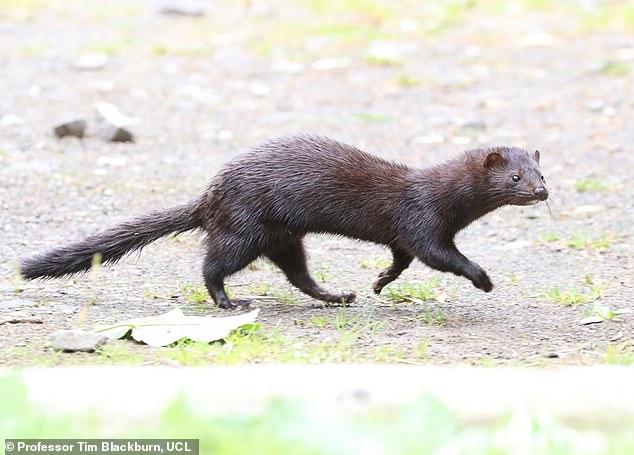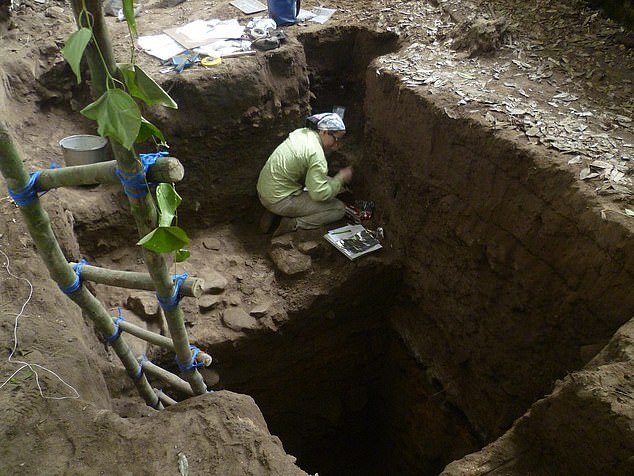Invasive animals brought into protected areas by humans put native species at risk
Non-native ‘alien’ species introduced by humans to an area near to a protected wildlife site are destroying natural habitats and killing local species, study warns. Researchers from the Chinese Academy of Science and University College London found that protected areas across the globe were at risk from these ‘alien’ species. The team say the majority … Read more









